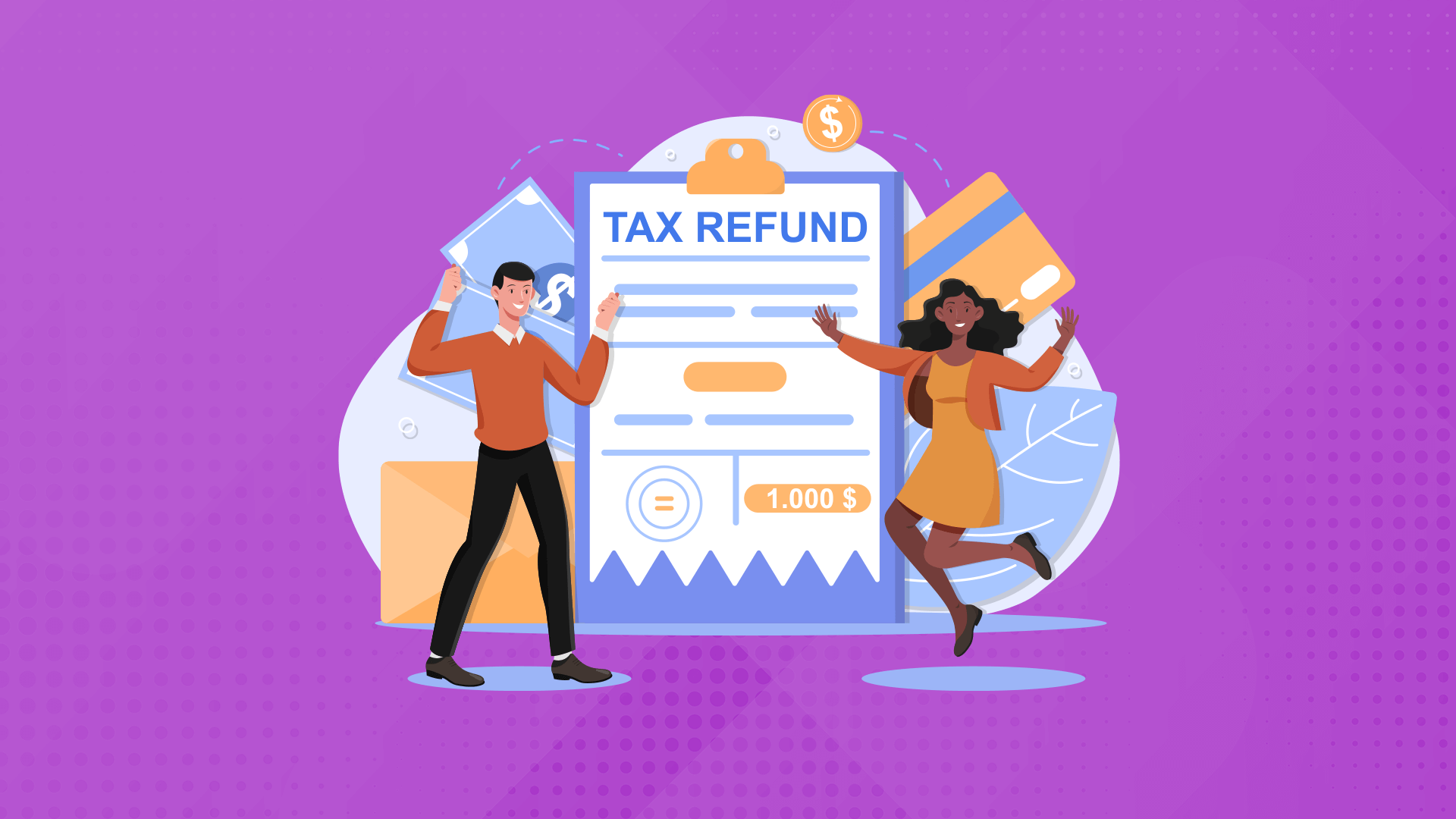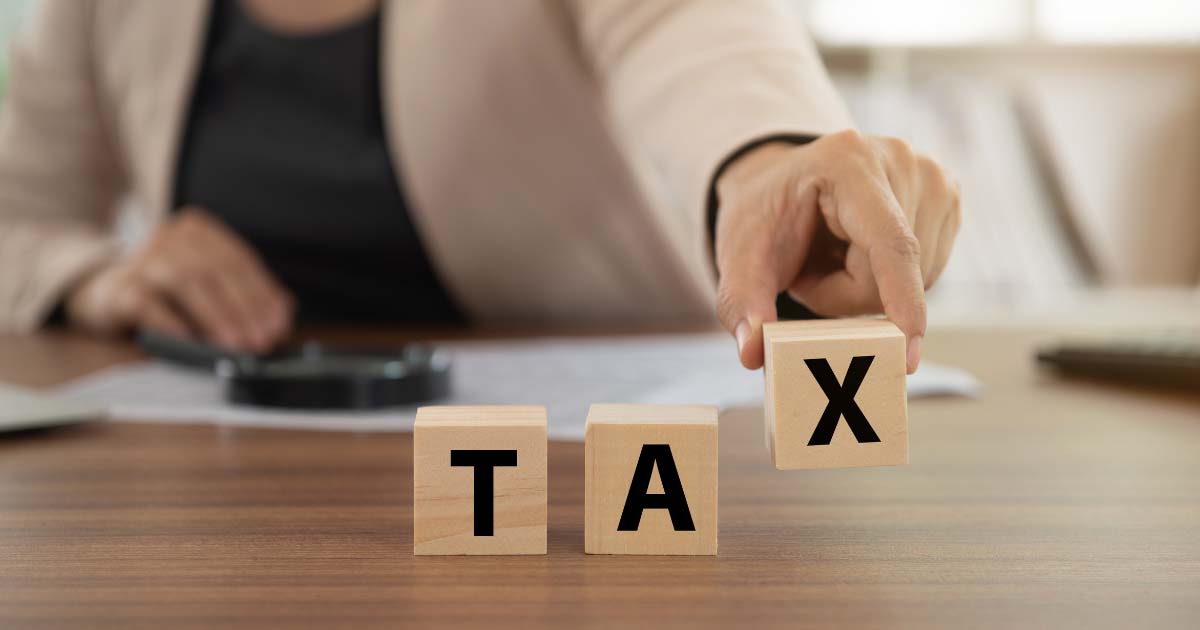
What Are Year-End Tax Planning Strategies?
Year-end tax planning strategies are plans you put in place at the end of the year to reduce your tax liability and maximize your refund. Whether you’re a salaried employee or you earn your income through investments, reviewing year-end tax planning strategies is a great way to hold on to more of your cash.
You can even implement some tax planning strategies in the new year while still applying their benefits to the previous one. The end of the year is also a great time to review your finances and tax withholding, note your tax bracket, and predict whether you’ll owe money or receive a refund this tax year.
Key Takeaways
- Lowering your tax liability through deductions or the deferment of income can help you qualify for a bigger refund.
- Benefits of year-end tax planning include lowering your tax liability, maximizing deductions, and increasing your refund.
- Charitable deductions, funding retirement accounts, and contributing to a flexible spending account are all ways to decrease your tax liability.
- Business owners or investors might be able to defer income to the following year to reduce this year’s tax liability.
- No two tax situations are the same, so choosing the best strategies for your financial situation is important to maximize your refund.
Tax & Asset Protection Workshop
Learn about Real Estate & Asset Protection at our next
FREE LIVE STREAM
Overview of Year-End Tax Planning Strategies
While not all filers will receive a refund, reviewing year-end tax strategies can reduce how much you owe come tax season. This guide will cover the benefits of year-end tax planning strategies, ways to reduce your own tax liability, and how you can prepare for next year’s tax filing. We’ll also review some of the best tax planning tips to help you maximize your refund.
Benefits of Year-End Tax Planning Strategies
Implementing year-end tax planning strategies comes with the following benefits:
Lower Your Tax Liability
Year-end tax planning strategies aim to lower your tax liability, which is how much you are responsible for paying in taxes. You can lower your tax liability using a number of strategies, including itemizing your deductions or funding your retirement. Avoiding capital gains on real estate investments can also lower your tax liability.
Another strategy to lower your tax liability is to defer income. You’re only responsible for paying taxes on funds you receive in the specific filing year. This means if you don’t sell a real estate asset until the new year, you won’t owe taxes on it until the following year. If you think your income might be lower next year, it might be worth deferring any funds you’re owed.
Deferring bonuses is another strategy to lower your tax liability. If you receive a year-end bonus, consider requesting the funds to be paid in the following year. By lowering your tax liability, you can also increase your refund.
Increase Your Refund
One of the biggest advantages of year-end tax planning is getting a bigger refund. A tax refund is when the government reimburses you for paying excess taxes throughout the year. The more you can reduce your tax liability, the less you’ll owe or the more you’ll receive as a refund. You can also adjust your filing status or increase your tax withholdings to increase your refund amount.
Maximize Deductions
Deductions are expenses you can subtract from your taxable income, often resulting in owing less or receiving a bigger refund. Strategizing your business deductions carefully is a great way to keep more of your hard-earned cash in your pocket. You can include all business expenses when calculating deductions, including office fees, transportation, travel, marketing, and labor.

Common Year-End Tax Planning Strategies
Here are a few year-end tax planning strategies to consider:
Make Charitable Donations
Charitable donations reduce your taxable income, making them great last-minute year-end tax strategies. You can deduct most charitable donations, including clothing, products, cash, or even appreciated stock or property.
Seek Out Tax Deductions
Seeking any last-minute deductions can help you reduce your tax liability. If you want to maximize your refund this year, consider prepaying office costs for the following year in the taxable year. Likewise, if you’re already expecting a substantial refund this year, consider delaying any large purchases until the following year.
Make Energy Efficient Investments
Energy-efficient investments are a part of the American Recovery and Reinvestment Act, which helps you qualify for significant tax credits. Whether you make energy-efficient improvements to your own residence or a rental property you own, this is a great strategy to maximize your refund.
There are limits to how much you can deduct from your taxes. Tax credits work differently and reduce how much you owe the IRS. Some eligible energy-efficient investments include Energy-Star-certified appliances, electric vehicles, improved insulation, or metal roofs. Even better, energy-efficient appliances can help you save on utility costs, resulting in a win-win financial situation.
Contribute to Retirement Accounts
Contributing to your retirement accounts is a great way to prepare for your future while reducing your tax liability. Tax laws allow you to reduce your taxable income by funding your retirement accounts. The IRS sets maximum amounts based on your age, but it’s usually best to contribute as much as you’re allowed. It’s ideal to fund an employer-matched retirement 401(k) first, then move on to other account types.
Fund a Health Savings Account
Funding a health savings account (HSA) also reduces your taxable income. Similar to retirement accounts, you’re limited in how much you can contribute based on your age. While only contributions to your retirement account made in the filing year count for most accounts, you can continue funding your IRA or HSA until the tax filing deadline in the following year. This is a great way to reduce your liability around filing time.
Buy or Sell Assets as Needed
You can buy or sell assets at the end of the year to maximize your refund. For example, loss harvesting is a strategy that involves selling unprofitable assets. Selling assets with a realized loss then allows you to offset other capital gains. The great thing about this strategy is you can carry over excess losses year after year.
Review Your Tax Withholding
The end of the year is a good time to review your tax withholding to ensure you’re paying enough in taxes throughout the year. Otherwise, you’ll have a significant deficit and might end up owing money rather than receiving a refund.
Some people prefer withholding too much in taxes to receive a bigger refund at the end of the year. Others prefer to withhold as little as possible from each paycheck, resulting in a smaller refund. Either way, it’s important to avoid paying too little throughout the year.
The Importance of Year-End Tax Planning Strategies
Year-end tax planning strategies can greatly reduce your tax liability for the year and maximize your refund. This allows you to allocate your funds to other, more profitable investments while improving your financial situation. Tax planning strategies are also integral to financial planning, helping you assess and improve your financial situation in the following years.
Recap of Common Strategies
If you complete your taxes only to find that you owe a substantial amount of money, you might have a few options available to reduce your liability. Charitable donations, energy-efficient home improvements, reviewing withholdings, and deferring income are all common year-end tax planning strategies that might work for you. You can even use some tax planning strategies at the start of the following year to maximize the previous year’s refund.
You can continue contributing and maxing out your retirement accounts (Learn more about Retirement Planning here). You can also push a portion of your funds into a flexible spending account, which is tax free. It’s important to note that one tax strategy doesn’t work for all financial or tax filing situations.
Your 2023 tax filings are due soon. Schedule a consultation with our team at Anderson Advisors today to review your yearly taxes and find the best strategy to maximize your refund.
Free Strategy Session with an Anderson Advisor
Receive a detailed risk assessment to assist in lowering problem areas that could wipe out all of your assets with one wrong move. Speak with an Anderson Professional Advisor to get your FREE Strategy Session. Limited-Time Offer: FREE (a $750 value.)














